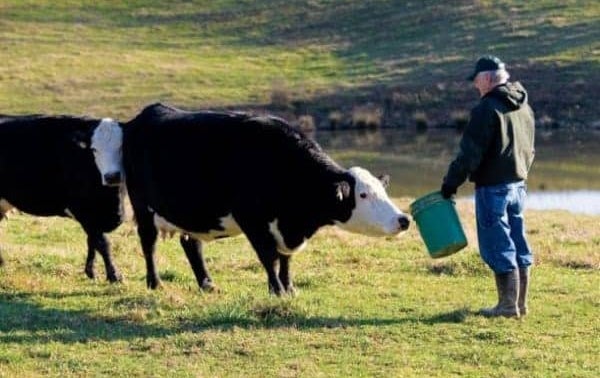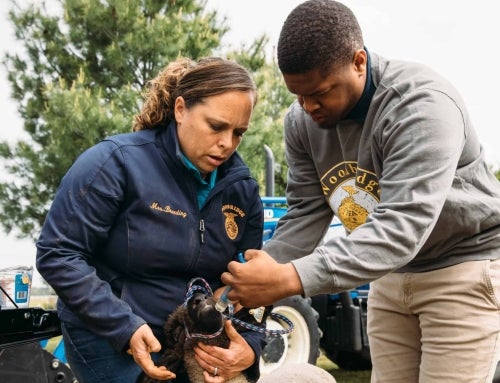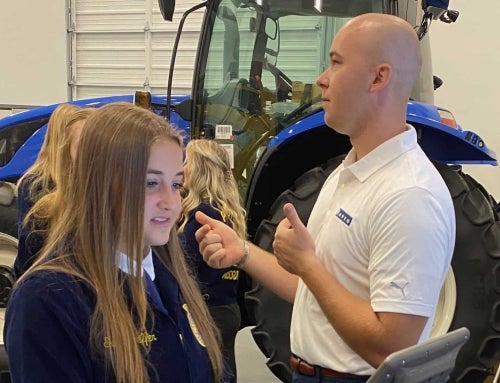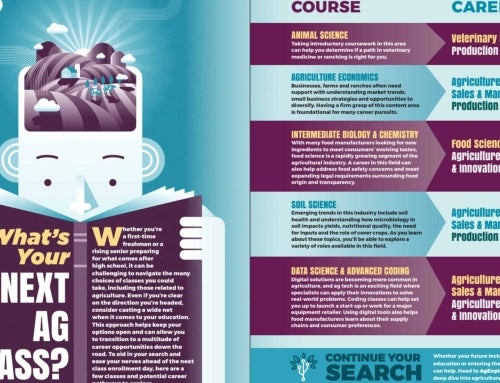If you’re an animal lover, you may find your niche in an Animal Systems career. Some who choose this career pathway work directly with animals – they train, feed, water, exercise, bathe and groom their furry friends, as well as maintain and clean their cages.
Professionals in this field may inspect and grade livestock food products, purchase livestock, or work in technical sales and marketing.
Some people in the animal systems career path work to develop better, more efficient ways of producing and processing meat, poultry, eggs and dairy products. Others advise agriculture producers on how to upgrade animal housing facilities properly, lower mortality rates, handle waste matter or increase production of animal products, such as milk or eggs.
In addition, careers for hunters and trappers are available, which involve setting bait and traps, tracking animals and obtaining them through various methods.
Industry Outlook
Employment opportunities in Animal Systems careers are increasing. Demand for food and fiber will continue to increase because of the growth in world population and demand for U.S. agricultural exports.
Employment of agricultural managers, farm workers, and graders and sorters is projected to rise, and in response to an increase in the demand for fish, there has been a steady growth in the field of aquaculture over the past 10 years. The opportunities for veterinarians and veterinary technicians are expected to continue to increase in the coming years, which make it a valuable career choice.
Career Opportunities
• Livestock producer
• Poultry farm manager
• Livestock inspector
• Veterinarian or veterinary technician
• Zoo animal specialist
• Equine rehabilitator
• Aquaculturalist
Education Requirements
Training requirements for animal scientists and technicians depend on their specialty and on the type of work they perform. A technical degree in animal science is sufficient for some positions that assist animal scientists in conducting applied research or basic research, but a master’s or doctoral degree is required to supervise and conduct basic research.
Prepare Now
High school agricultural education and biology courses will help you gain basic animal knowledge, and often, these courses will spark an interest in this industry. Other valuable experience can be gained through working at a veterinary clinic, equine stable, livestock farm, or by raising your own pets.













